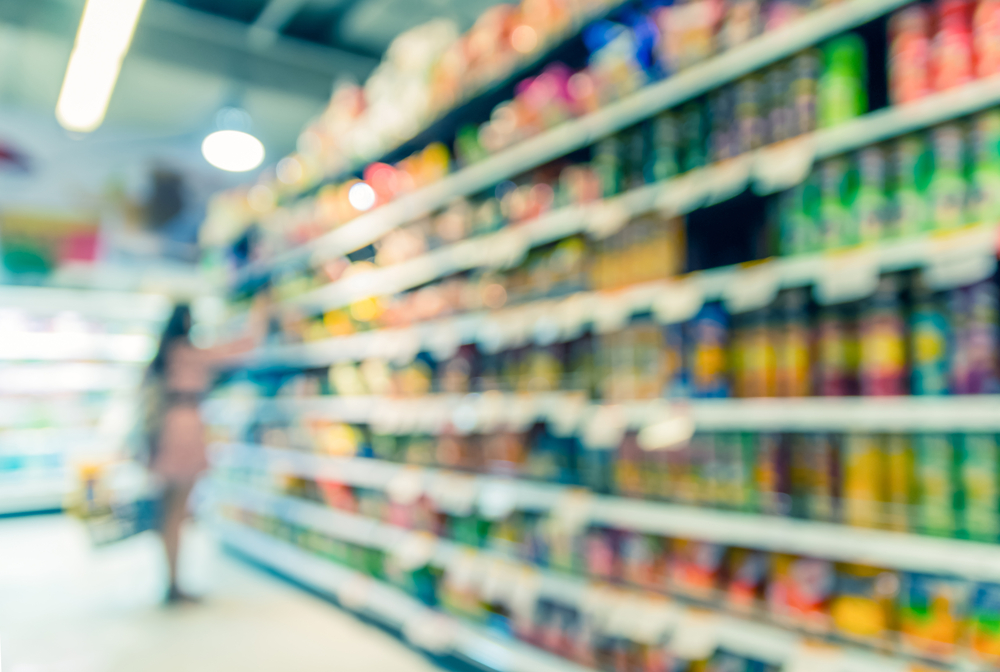The team here at Manomet hopes you had a very happy Thanksgiving! Nearly 400 years ago, the first Thanksgiving was celebrated just a short distance from our Plymouth headquarters and it set the tradition for all Thanksgivings to follow. Even in today’s busy world, Thanksgiving is one celebration with a strong tradition of serving seasonal foods and where many pause to appreciate their meal and where it came from.
While we’re not certain if there was turkey on the first Thanksgiving table, other fowl and venison were likely served accompanied by fruits and vegetables that were gathered or harvested. Unlike most of our Thanksgiving feasts today, seafood played a big role in the meal, but there were no mashed potatoes or pumpkin pies to be found. (see this article from The History Channel for more info: http://www.history.com/topics/thanksgiving/first-thanksgiving-meal).
Fast forward to today, and Thanksgiving has grown to be one of the most widely celebrated holidays in the U.S., with over 51,650,000 turkeys consumed, billions of pounds of produce grown and sold, and $2,983,000,000 spent on food nationwide in 2016 (source here). With the demand for a wide variety of foods available to us being greater than ever before, the expectations on America’s agriculture industry are hovering around an all-time high.

Agriculture’s economic role and impacts make growing food a global sustainability issue. As the world’s largest industry, agriculture employs over one billion people, grows over $1.3 trillion of food each year, and occupies about 50 percent of the Earth’s habitable land. The demand for food is rapidly growing along with the world’s population, which can lead to unsustainable growing, processing, and distribution practices. This will increasingly pose a risk to not only our environment and its ability to support us but also our own health.
The Sustainable Economies team at Manomet works with the growers, sellers, and land managers in the food industry to bring to bear the best management practices required to sustain our world. We work every day on the most current and relevant food-related sustainability issues. Some of our projects include: the Grocery Stewardship Certification Program, which helps grocery stores reduce waste, cut costs, and educate employees and communities about the role that grocers play in sustainable communities; our partnerships with Cabot Creamery and the Hancock Agriculture Investment Group (HAIG) to create frameworks of measuring and managing land for environmental sustainability; and the Downeast Fisheries Project, which is taking a collaborative, expansive approach to restore healthy fisheries and build a future for fishing in Downeast Maine.
This holiday season, pause to think about where our meals come from. Things you can do to ensure you’re dining on sustainably-sourced foods include:
- Buy what you need, use leftovers, and avoid food waste
- Buy local and in-season
- Purchase dairy, eggs, fish, and meat from companies using sustainable practices
- Go homemade – buy fewer pre-packaged and processed foods
We hope you have a wonderful holiday season surrounded by great friends and family, and that your celebrations are filled with sustainably-sourced dishes.





 Back to all
Back to all